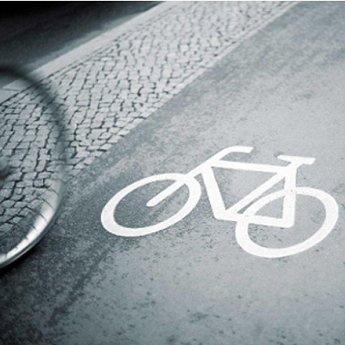Social Rights

DESCRIPTION
The children's plenary sessions are meetings between young children and adolescents in the city of Madrid and its mayor. The sessions are also attended by members of different municipal groups with representation in the City Council, allowing them to gather and perform effective follow-up on proposals made by Madrid’s youngest citizens.
69 children or adolescents take part in each plenary session, where they learn to debate amongst themselves, defend their proposals and exercise their right to take part in city affairs. In the months prior to each plenary session, the boys and girls work on the proposals and ideas they will be presenting.
The proposals made are assessed by the relevant municipal political authorities and are sometimes implemented by municipal departments or districts. The sessions thus give the proposers a chance to exercise their rights as full-fledged citizens and to feel like active participants in city affairs.
After each plenary session, all of the proposals put forward are sent to the departments and districts in charge of the relevant area so that they can integrate them into their policies or take steps to implement them directly. In any event, the City Council makes annual reports to the “representatives of the city's children and adolescents”, informing them of the status of their proposals.
OPERATION
The children's plenary sessions have a structure similar to that of the City Council's own plenary sessions. They are attended by the various municipal political groups with representation in the Council and are presided over by the holder of the office of mayor or a councillor delegated by the mayor. District sessions are presided over by the holder of the presidency of the relevant district. In terms of format, the children and adolescents taking part in the session sit in the councillors’ chairs in the Plenary Hall and present their proposals for making Madrid a friendlier, more inclusive city for all of them.
From 2012 to 2015, the Children’s Plenary Sessions were held on an annual basis. From 2015 they have been held every six months, with one session taking place around 20 November, coinciding with the celebrations to mark World Children's Day as well as the city's celebration of Children's Rights Week, and another held in the first six months of the year. To increase the effectiveness and smooth functioning of the sessions, the one in November is attended by children aged 6 to 12 while the one in May is reserved for teenagers from 13 to 17.
In 2017, Madrid City Council launched a process to stimulate engagement among children and teenagers by setting up Child and Adolescent Participation Points throughout the city, with activities conducted in the school setting, social associations and informal groups. In these participatory spaces, children and adolescents get involved in an ongoing process.
Representatives from these Participation Points make up the Child and Adolescent Participation Commissions (“COPIA”, as provided for under Law 18/1999 of 29 April, which governs advice on child and adolescent care in the Community of Madrid) for each of the city's 21 districts. In November 2019, Madrid City Council also created the Madrid Child and Adolescent Participation Commission (COPIAM) made up of representatives from the Child and Adolescent Participation Commissions in each of Madrid’s districts.
In addition to the city-level plenary sessions described above, the 3rd Local Child and Adolescent Care Plan (PLIAM 2016-2019) provided for plenary sessions to be held in each of the city's 21 districts.
This child and adolescent engagement structure gives legitimacy to the boys and girls who attend the plenary sessions, as they are there in representation of all those who have taken part over the year in the Child and Adolescent Participation Points set up in educational centres, social organisations and informal settings.
At both the district and city plenary sessions, participants put forward proposals, criticisms and suggestions to political authorities and highlight the commitments that they have made. For their part, the relevant political authorities offer responses to proposals made in previous plenary sessions.
OBJECTIVES
- Foster civic participation among children, a right recognised in Article 12 of the UN Convention on the Rights of the Child
- Provide minors with an experience that familiarises them with their right to participate and be heard by political representatives, and teaches them to exercise this right
DURATION
Plenary sessions are held twice a year, with one session reserved for children (6 to 12 years) and another for teenagers (13-17 years). Each session lasts two hours, although it should be borne in mind that before each plenary session there are three months of preparatory work during which participants at the Child and Adolescent Participation Points and the District Child and Adolescent Participation Commissions (COPIA) draw up the proposals that are to be presented at the relevant plenary session.
INVESTMENT
Although the Plenary Sessions themselves have no cost, it should be noted that there is a cost associated with the contract for “Participation for Democratic Coexistence of Children and Adolescents”, which amounts to €705,241 per year. Naturally, a portion of this goes towards preparatory work for the plenary sessions.
THE PROJECT IN NUMBERS
Each plenary session is attended by 69 participants from the city's 21 districts, although over 700 children take part in participatory processes to prepare for each session.
ADDITIONAL INFORMATION
Plenary Sessions for Children and Adolescents >>
dccainfancia@madrid.es





